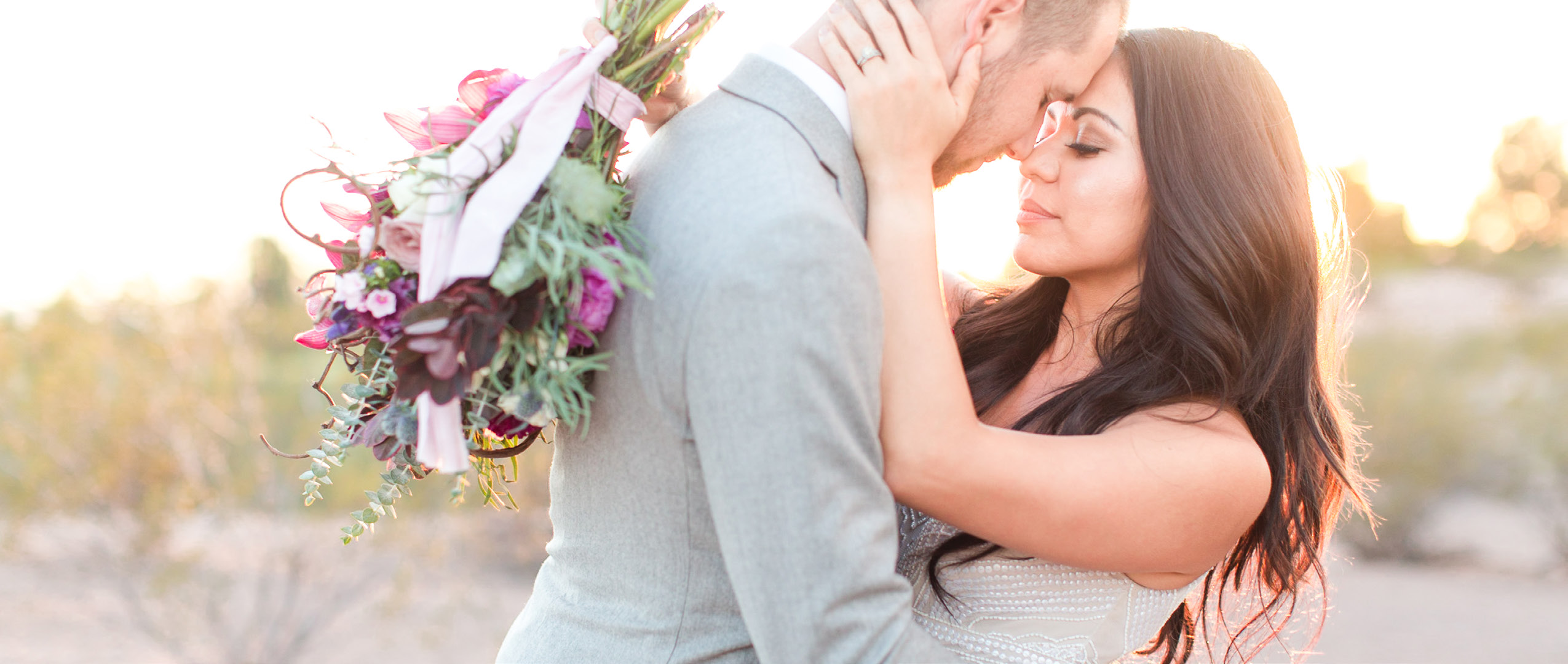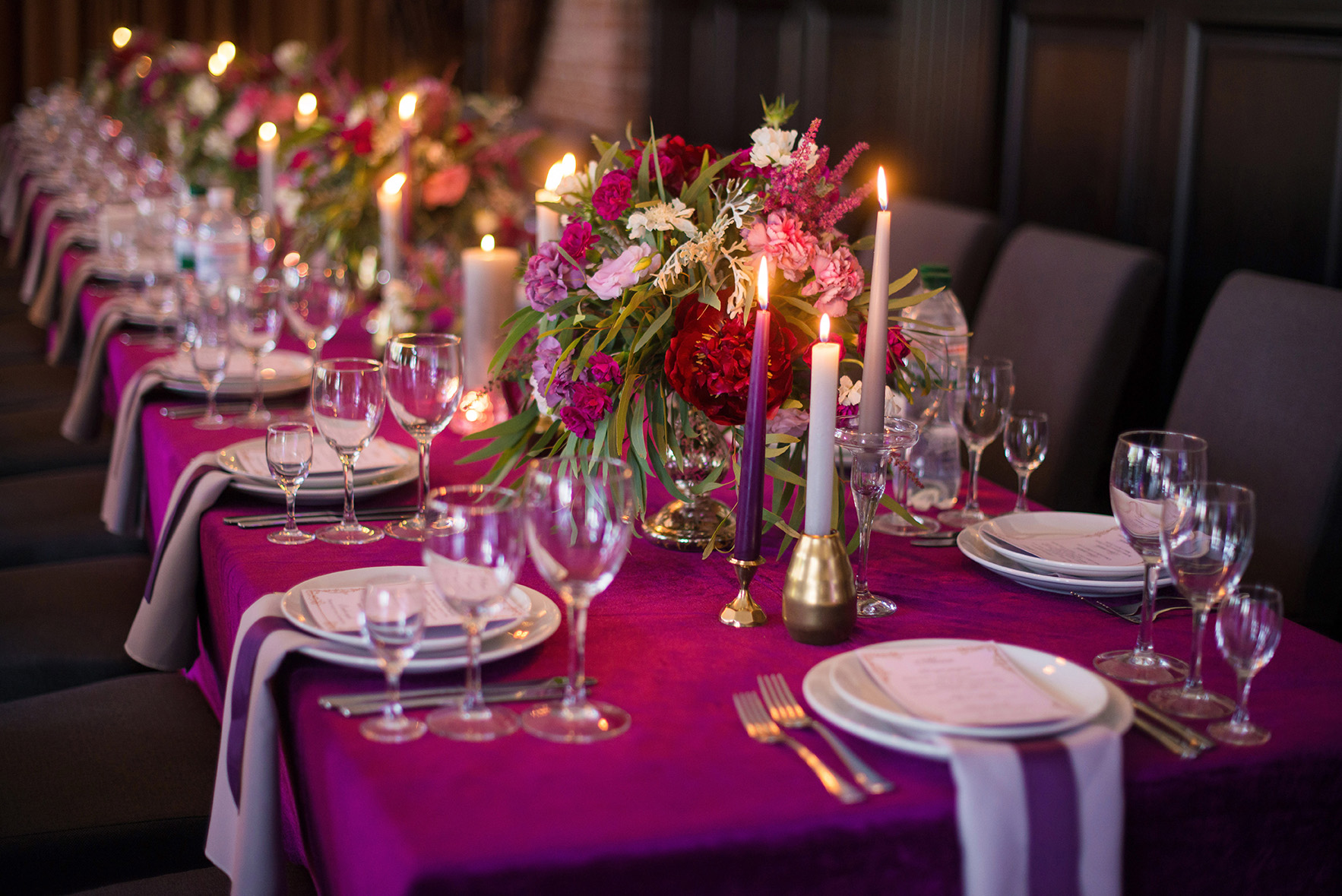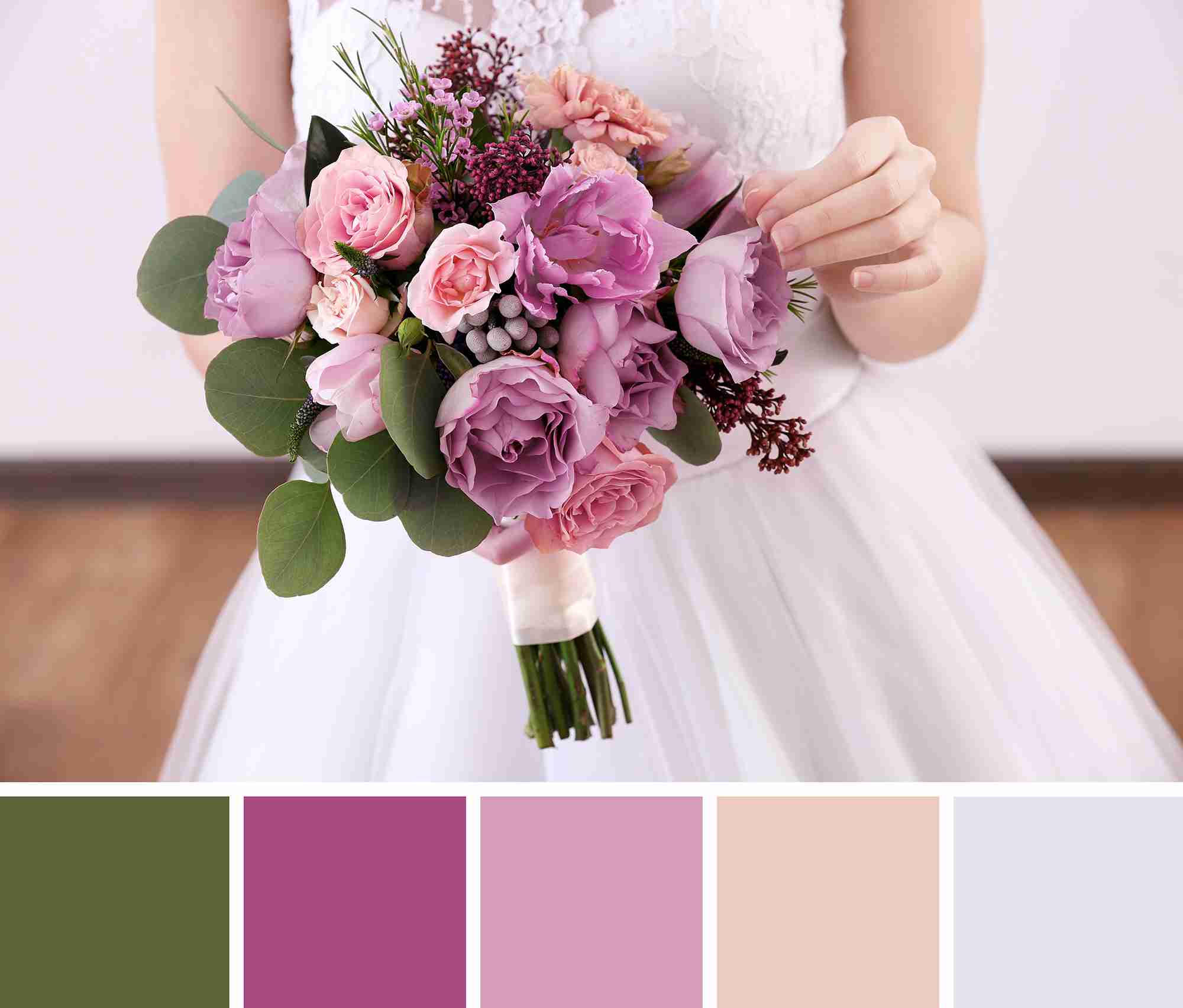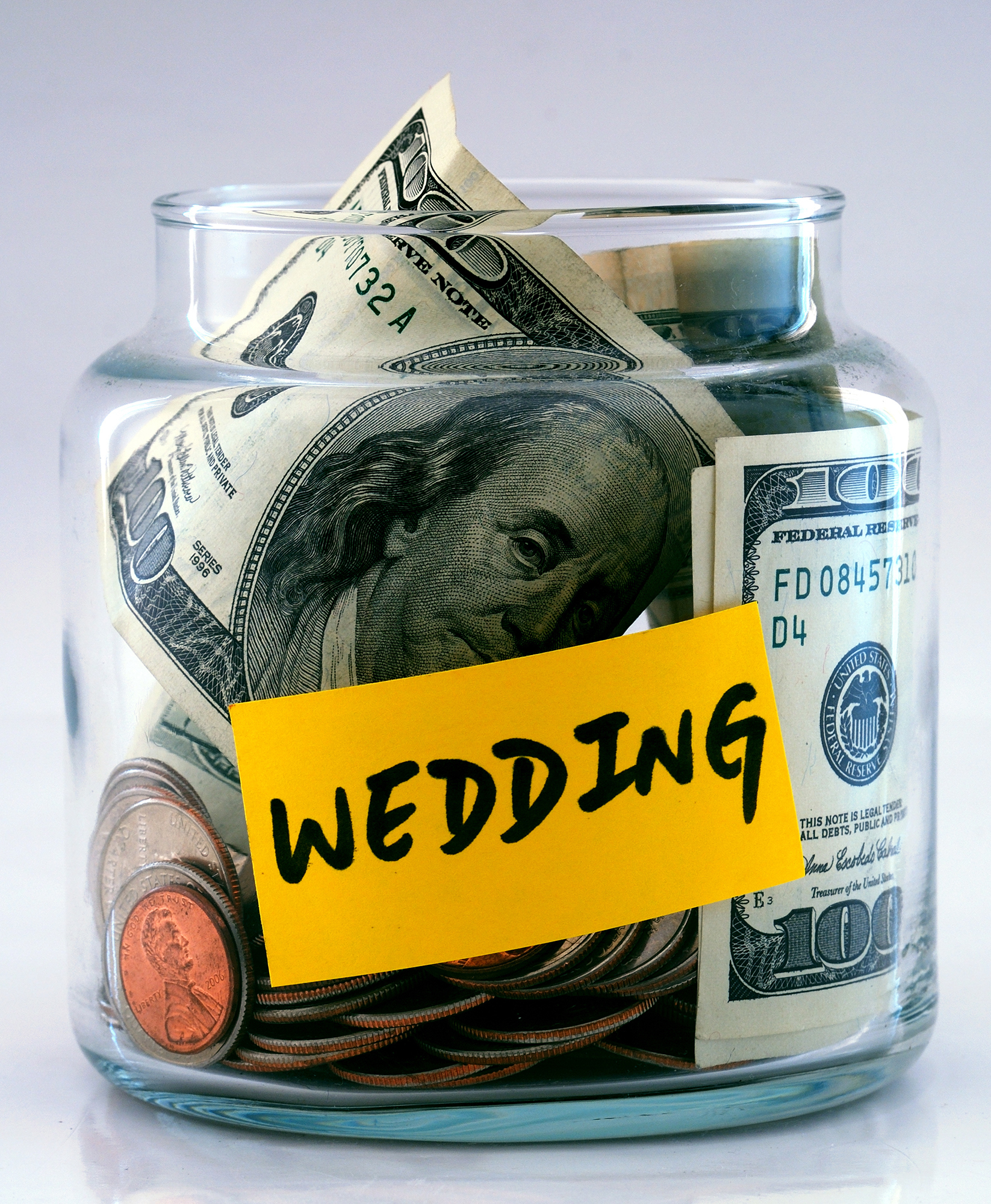It can be hard to wait when you think you’ve found the perfect venue for your wedding. You want to book right away! And I’ll be the first to tell you, booking your venue early is important, as their schedules fill up quickly. Before you do, though, there are several things you need to think about before signing on the dotted line, as well as things you will need to tell the venue. Let me help you avoid making a costly decision that you can’t easily reverse!
Vision
What’s your overall vision for your wedding day? Your wedding venue is arguably the single most important thing to communicate this to your guests. There are 2 ways to do this. You can choose a venue that embodies that vision, or you can choose a venue that offers a blank slate, so you can bring your vision to life with the things you bring into the venue. If the venue already supports that vision, you’ll have less work to do to bring it to life.
Guest count
Venues generally state how many people they seat in their literature. Easy enough, right? Not always. I can think of one venue that seats 300, but without a dance floor. Will you need a dance floor? Probably so. That means the venue seats more like 250, and it could be even fewer if you’re incorporating things like lounge seating areas, or if you have to allow for buffet lines. You never want to be pushing the upper limit of a venue’s capacity.

You can no longer count on 20% of your guests to cancel. You’re better off over-estimating than under-estimating. It’s easy to accommodate fewer guests by changing the floor plan so that the venue still looks full. Each indoor venue has a finite capacity, though, and “pushing it” really isn’t an option. If you end up having to add guests (or have more RSVP than you planned on), they could end up sitting in a different room, which is definitely not a way to enhance your guest experience.
Budget
You’ll find many different recommendations on how much of your budget you should allocate to your venue. The reason for that? It depends greatly on what the rental includes. For example, some venue rentals include the space, tables, chairs, linens, and possibly even decorations. Others include nothing but the physical space. For this reason, a $5,000 venue that includes everything could end up being less expensive than a $3,000 venue that gives you nothing but a blank canvas. Tables, chairs, linens, decor, a dance floor – those things add up quickly! In most cases, though, roughly half of your budget should be spent on venue, catering, and bar.

The venue fee is not the only charge you have to accommodate in your budget! Be sure, when talking to the venue, that you only tell them your budget for the venue (or for venue and catering, if they offer in-house catering). The venue will be only too happy to add on services, and you don’t want your total to rise to more than you can afford for the venue, service fees (there are always service fees), and gratuity if catering is included. Also, if catering is included, make sure they are aware of your expectations for the menu up front. You don’t have to know every side dish, but if the venue gives you a price that includes a chicken entree, and you later decide you want filet and salmon, your BEO (banquet event order) will rise dramatically. It’s very easy to become “venue-poor”, and not have the money you need for the other services you want at the wedding.
Location
Location is another important consideration when renting a venue, especially as related to available lodging. You’re bound to have at least some guests who are traveling from out of town or state to attend your wedding. You don’t want to require them to drive far from the venue to their hotel room late at night, especially if they’ll be consuming alcohol.
Transportation & parking
Is there ample parking close to the venue you’re considering? It will need to be able to accommodate not only your guests, but also all of your vendors. If parking isn’t readily accessible, you’ll need to provide transportation between lodging and your venue. This is most likely to become an issue when holding an event on non-commercial property, like an estate.
What’s included?
Some venues are all-inclusive. They have tables, chairs, linens, decor, a dance floor, and perhaps even lounge furniture. Others have nothing but the physical event space. Neither is right or wrong, it’s just something you have to account for when planning. You also need to evaluate what the venue is providing to make sure it meets your needs and expectations. You may decide you don’t want to put thousands of dollars in centerpieces on linens that have seen better days, even if the venue does provide them.
Weather plan

If any part of your wedding is being held outside, you must have a plan for inclement weather – which includes more than just rain. Wind is also a big factor in outdoor weddings, as is temperature. This is central Illinois – you have no idea what the weather will be like three days from now, much less when your wedding finally occurs. If a monsoon strikes, or if it’s blisteringly hot or very cold, you may have to use that rain plan. You need to not just have a rain plan, but be okay with what your wedding will look like if you have to use it.
Duration available
This is an important consideration. It takes time to set up a venue. The more wedding vendors included in the day, the more complex setup becomes and the more time that is needed. This is true both before the event and after, as it does take time, though comparatively less, for strike (returning the venue to the state in which you found it). Then you need to consider your timeline for the day and whether you can do everything you need to in the time available.
Make sure you ask your venue – before signing – if there are other events taking place that day, or if it’s possible that one will be added. A venue could very easily plan to have a morning and an evening wedding on the same day, which will limit setup/strike time dramatically.
Other events
Make sure you ask your venue – before signing – if there are other events taking place that day, or if it’s possible that one will be added. A venue could very easily plan to have a morning and an evening wedding on the same day, which will limit setup/strike time dramatically.
If this sounds like a lot to think about, that’s because it is! That’s why you always want to book your planner before your venue if you’re opting for full planning. All isn’t lost if you’ve elected for partial planning or wedding management, though. At Buttercup Celebrations, partial planning offers up to ten hours of planning assistance in addition to all of the services included in wedding management, and you could easily use most of those hours for venue booking- in fact I generally recommend it. For wedding management alone, venue management is an add-on service. With me in your corner, you won’t have to worry about these considerations. That’s why you have a planner!
Are you interested in how these considerations apply at particular venues in central Illinois? Make sure you’ve signed up for the email list! I’m starting a monthly venue spotlight series in a few weeks.








+ COMMENTS